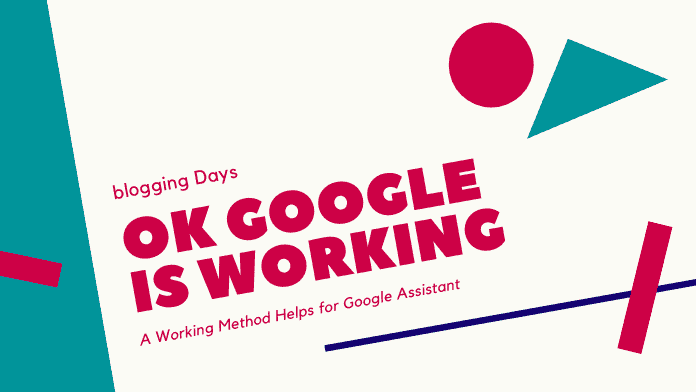Introduction
Google used artificial intelligence and machine learning to fuel its search engine algorithm for the first time in 2016. However, with the launch of ChatGPT in late 2022, artificial intelligence became really popular and had a big influence on the SEO sector.
As we look ahead, it is apparent that AI will continue to be one of the most important components in the future of search engine optimization and digital marketing.
Google’s ranking system is intended to recognize and reward high-quality material. While utilizing automation to generate content to manipulate search results is against the rules, AI may help you develop amazing content. Google (and basic ethics) require humans to write the actual content, but there is no reason AI can’t help your company’s content quality in other ways.
To learn how to use AI to improve your website, you are going to need to know about the aspects of web development AI can be useful for. Let’s take a look at the parts of website development that AI can help you with.
Using AI to Support Your Content Management System
Many CMS providers feel ChatGPT has huge potential to increase user engagement. Generative AI linked with ChatGPT may give intelligent replies that are curated based on the customer’s goals, likes, and past encounters by deconstructing user input and behaviors. This enables tailored customer experiences, as well as the possibility for improved consumer involvement and overall satisfaction.
The data indicates an unavoidable trend: marketers are seeing the promise of generative AI and embracing it quickly. Whether it is for content generation, personalization, workflow optimization, predictive analysis, or improving user engagement, generative AI has emerged as a game changer ready to reshape the CMS landscape.
However, it is critical to remember that AI is not here to replace human talents but rather to complement them by acting as a catalyst for invention and creativity. The combination of human intuition and AI’s unprecedented efficiency actually opens the way for a CMS revolution, driving us into an era of exceptional digital experiences.
Speeding Up SEO Management with AI
Generative AI is perfect for automating technical SEO chores such as developing schema markups, issuing robots.txt directives, constructing redirect codes, composing title tags, and assisting with link building. I urge that all practitioners, whether in-house or at agencies, think about automating such important yet time-consuming procedures.
The capacity of generative AI to execute these activities quickly alleviates one of SEO’s recurring bottlenecks: enterprises’ lack of cross-functional resources and buy-in to manually satisfy technical SEO needs.
Delegating technical SEO responsibilities to generative AI technologies frees up marketers’ time and energy for strategic, creative efforts that go beyond executing best practices. Instead of spending time producing alt text for picture files, businesses may use holistic search marketing, which combines paid and organic search to optimize SERP ownership.
The development of zero-click searches and interactive natural language processing on more graphic SERPs is exacerbating silos between sponsored, organic, and local search.
If you want to learn more about using AI to support your website’s SEO management, go to autoblogging.ai and explore their services!
Error: Contact form not found.








